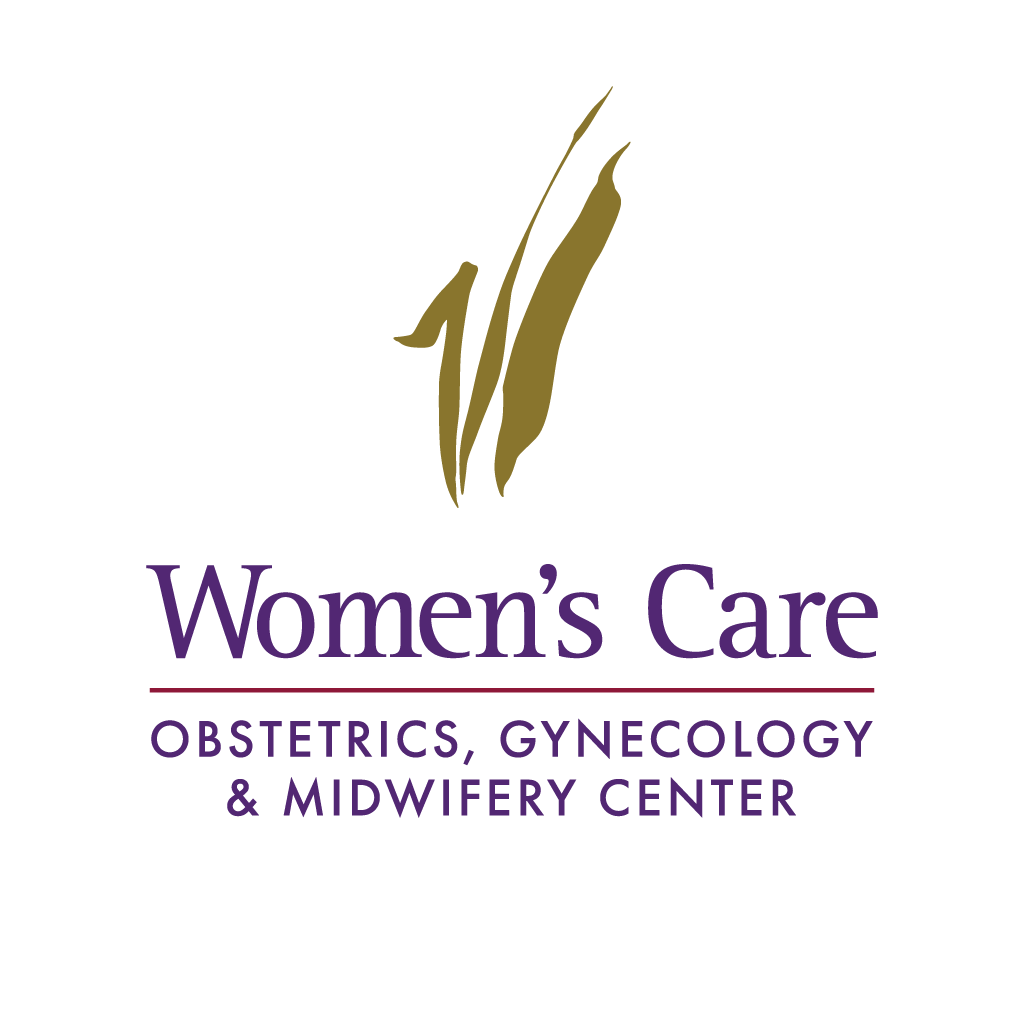Nutrition During Pregnancy
Pregnancy can be one of the most thrilling and transformative events in your life, and deciding on a nutritional regimen can become either overwhelming or unpalatable, depending on your cravings. As your baby develops, you may notice that your dietary needs change constantly or become very specific.
Pregnancy places a significant nutritional demand on your body, and this demand can be greater if you are pregnant with twins, triplets, or other multiples. As a result, your body will crave a diverse array of vitamins and minerals, such as vitamin A, calcium, and folic acid, all of which are essential to the health of you and your developing baby.
Health organizations such as the USDA, US Department of Health and Human Services, and American Congress of Obstetricians and Gynecologists recommend that expecting mothers maintain a well-balanced diet, rich in vitamins and minerals. Diets should include leafy green vegetables, edible pulses such as beans and lentils, lean meats and vitamin-rich carbohydrates such as sweet potatoes, bananas, blueberries, and other starchy fruits and vegetables.
Here is a list of vitamin- and mineral-rich foods to consider during pregnancy:
- Strawberries
- Apples
- Oranges
- Beans and nuts
- Avocados
- Spinach
- Carrots
- Whole wheat pasta, bread, and crackers
- Oatmeal
- Lean, fully cooked meat or poultry
- Peanut butter
- Fresh cheeses
- Olives
- Broccoli
It is critical to quit using alcohol and tobacco entirely, as alcohol consumption and smoking may cause your baby to suffer from serious health issues including, developmental delays, birth defects and/or low birth weight. It is also important to limit your consumption of unhealthy foods that contain high levels of refined sugars and saturated fats. Failing to do so may cause other health complications such as gestational diabetes and high cholesterol.
Here is a sample list of foods to avoid during your pregnancy:
- Raw or undercooked meat or poultry
- Unpasteurized milk and juice
- Raw shellfish
- Fish high in mercury (tuna)
- Uncleaned salads
- Raw or undercooked sprouts, such as radish and alfalfa
It is important to understand that vitamin and mineral supplements alone are not sufficient enough to replace a diet rich in healthy foods. Should you have food allergies or dietary restrictions, it is best to consult with your physician about viable food alternatives to ensure that you and your baby receive the proper amount of nutrients required to prevent pregnancy-related complications.
It is critical to maintain a balanced, nutritious and wholesome diet during pregnancy, and our team is here to help you along the way. If you have additional questions or prenatal-diet concerns please call one of our offices to schedule an appointment with a physician.
